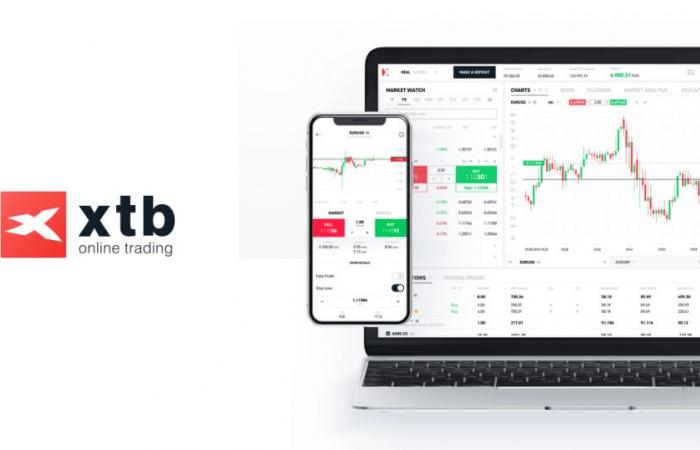Crude oil started July higher, and the continued rally since the OPEC+ sell-off is certainly catching the attention of Federal Reserve policymakers. Initially, it seemed that the prospect of increased OPEC supply could weigh on the oil market for longer and provide more room for accommodative signals from central banks. However, this is not the case, and investors are gradually pricing in still relatively strong demand (especially in the US according to EIA data, despite weakening in China), as well as geopolitical risks and the prospect of the Gulf hurricane season, which could pose additional risks to the market’s supply. In addition, Hurricane Beryl, currently near the Caribbean Sea, has been upgraded to a Category 5, increasing risks to oil supply in the region. OPEC+ has decided to maintain current production cuts until 2025, fueling concerns about the balance between supply and demand as seasonal demand for oil peaks during the summer months.
- Brent crude prices are up nearly 0.9% today, ahead of the U.S. Independence Day holiday, although gasoline prices at U.S. gas stations are down $0.05 per month to $3.49 (AAA data). TD Securities reported that speculative long positions are rising due to tensions between Israel, Hezbollah and Iran;
- However, it appears that the geopolitical premium at this stage may support prices, but does not have the potential to lead to a vigorous increase from current levels;
- The weather season in the Atlantic and Indian Oceans is causing concern for investors, with Hurricane Beryl now classified as a storm, although Price Futures Group believes it does not have the potential to disrupt supplies in the Gulf;
- Currently, JPMorgan forecasts a global liquid crude oil deficit of 1 million barrels per day (b/d) in the third quarter of 2024, and a significant decline of 1.9 million b/d in August.
- The bank is forecasting prices at $90 a barrel in September; Fuel and oil prices would likely rise if a hurricane hits refining facilities along the Gulf Coast, so the weather in the region, in the short term, is likely to be more meaningful than usual for traders. Growth is being held back somewhat by the weaker Chinese economy, where orders are falling and domestic demand remains quite weak.
OIL (H1 interval)
Oil futures are off to a good start in July after rising 6% in June and are approaching their late April levels.
Source: xStation5
“This content is a marketing communication within the meaning of Art. 24(3) of Directive 2014/65/EU of the European Parliament and of the Council of 15 May 2014 on markets in financial instruments and amending Directive 2002/92/EC and Directive 2011/61/EU (MiFID II). The marketing communication is not an investment recommendation or information recommending or suggesting an investment strategy within the meaning of Regulation (EU) No 596/2014 of the European Parliament and of the Council of 16 April 2014 on market abuse (Market Abuse Regulation) and repealing Directive 2003/6/EC of the European Parliament and of the Council and Directives 2003/124/EC, 2003/125/EC and 2004/72/EC of the Commission and Delegated Regulation (EU) 2016/958 of the European Parliament and of the Council.Commission of 9 March 2016 supplementing Regulation (EU) No 596/2014 of the European Parliament and of the Council with regard to regulatory technical standards for the technical arrangements for the objective presentation of investment recommendations or other information recommending or suggesting an investment strategy and for the disclosure of special interests or indications of conflicts of interest or any other advice, including in the field of investment advice, within the meaning of Article L321-1 of the Monetary and Financial Code. All information, analyses and training provided are provided for information purposes only and should not be interpreted as advice, a recommendation, a solicitation for investment or an incentive to buy or sell financial products. XTB cannot be held responsible for the use made of it and the consequences resulting from it, the end investor remaining the sole decision-maker regarding the position taken on his XTB trading account. Any use of the information mentioned, and in this regard any decision taken in relation to a possible CFD purchase or sale transaction, is under the sole responsibility of the end investor. It is strictly forbidden to reproduce or distribute all or part of this information for commercial or private purposes. Past performance is not necessarily indicative of future results, and any person acting on the basis of this information does so entirely at his own risk. CFDs are complex instruments and come with a high risk of losing money rapidly due to leverage. 77% of retail investor accounts lose money when trading CFDs with this provider. You should ensure that you understand how CFDs work and that you can afford to take the high risk of losing your money. With the Limited Risk Account, the risk of loss is limited to the capital invested.”






